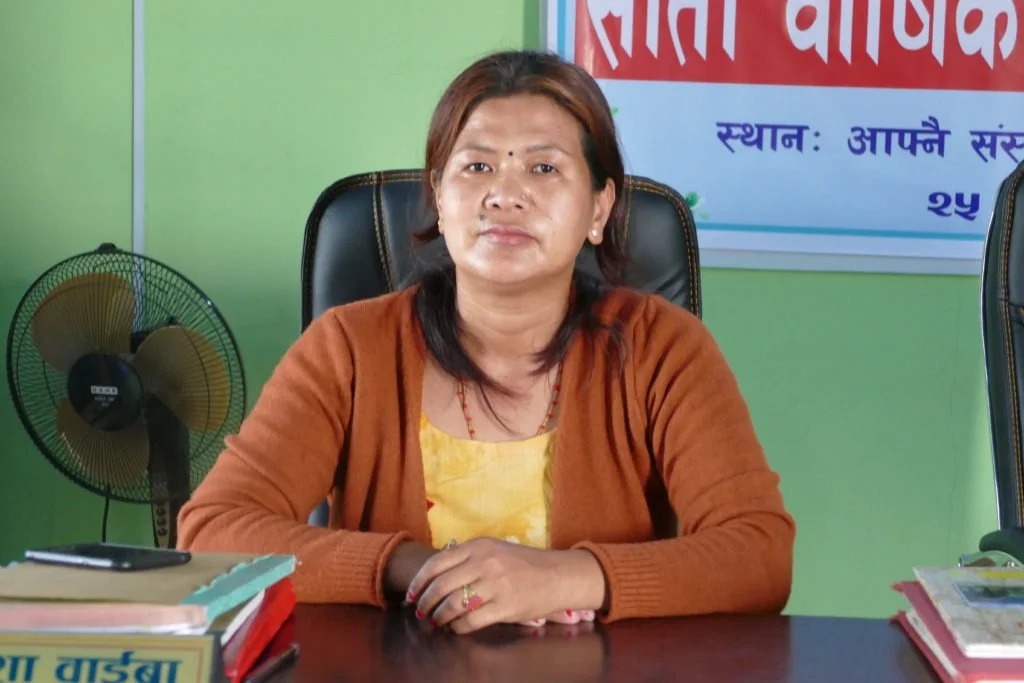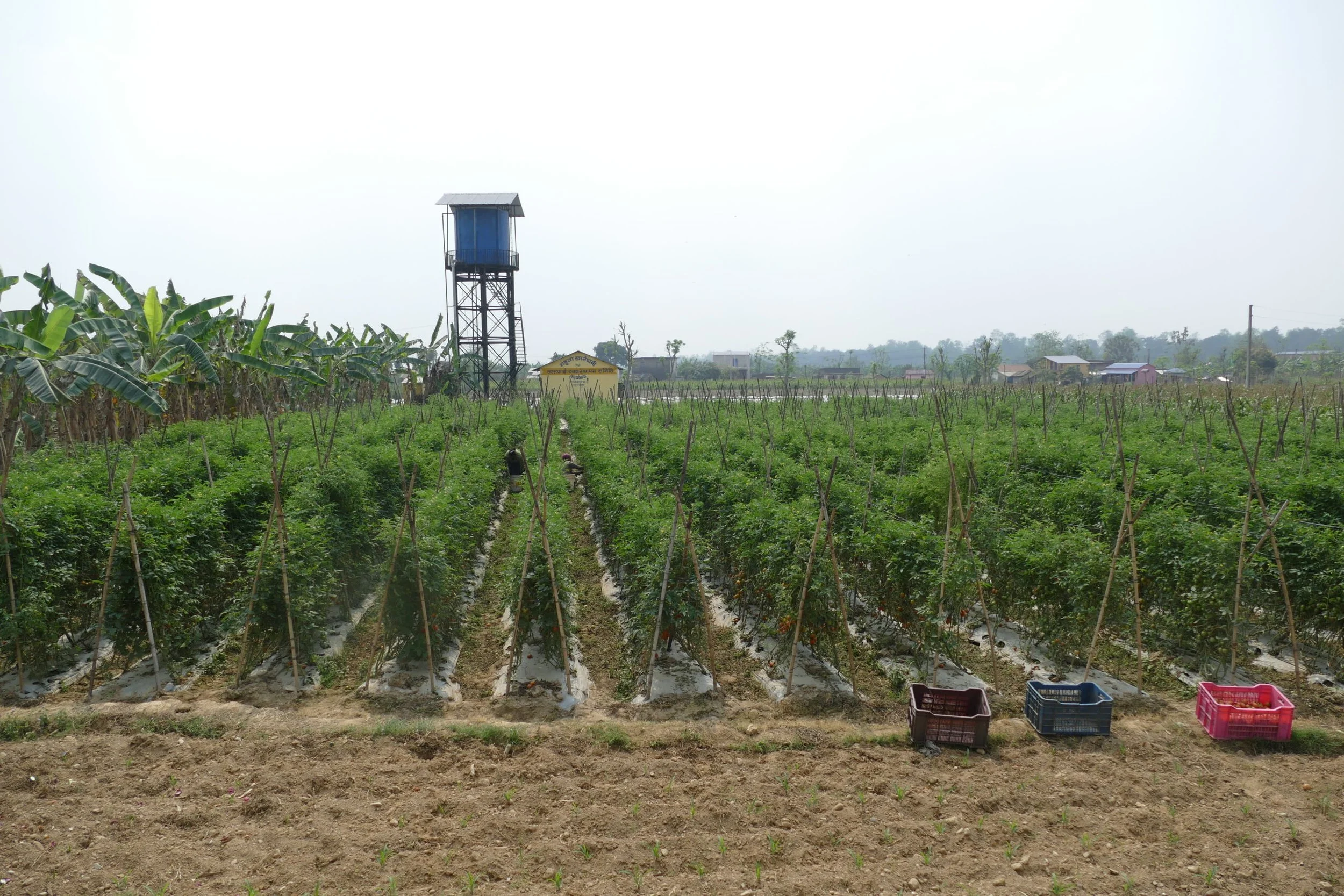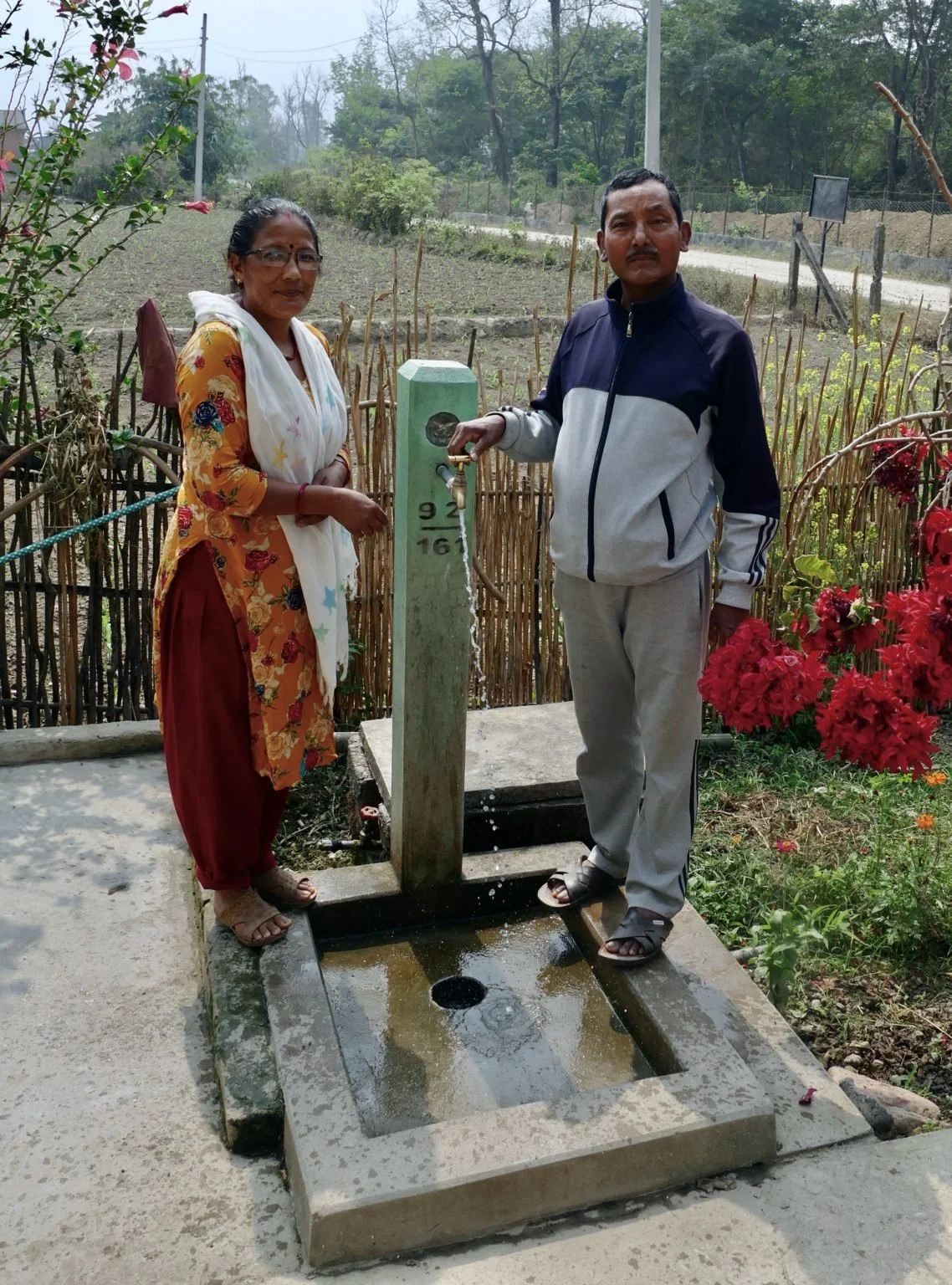International Women’s Day: Leading the community in sanitation education
/Asha Waiba became a community leader after educating others in her village about the importance of clean water, sanitation, and hand hygiene.
Bringing clean water to a remote village in Nepal is a mammoth task. There are many steps, from designing the water system and gathering the building materials, to constructing the piping and tap stands. However, the most important part of our water projects is getting the village community involved. We empower residents with education on sanitation and how to maintain their new water system, so they can enjoy the benefits for years to come.
On this International Women’s Day, we recognise the dedication of Asha Waiba, a community member who trained with us during one of our latest water projects in the village of Gaduwa. Asha helps educate others in the village about the importance of clean water, sanitation, and hand hygiene, and is now a role model in her community.
Before our intervention, Asha and other women in her community had to walk for hours to gather drinking water. Because collecting water took so much time out of her day, Asha found it was difficult to balance other responsibilities at work and at home.
“It was very hard at first in the beginning,” Asha said. “We used to collect water from the well or river. It used to take a long time. Most of the women and children had to spend their time fetching the water.”
By drinking water from the well or river, villagers also risked catching water-borne diseases. Asha recounted how during the monsoon period, rats, insects, and dirt would wash into the community’s sources of water.
After training with members of the GWT, Asha learned best practices in hygiene and sanitation, and how to promote these practices within her community. She also learned how to help maintain the water system we installed. Now, she works with others in her community to routinely test the water quality and equipment.
Gaduwa’s clean water supply is stored using an overhead water tank.
“It was difficult to fetch water previously,” Asha said. “At first, the initial challenge was the water source, but we used boring to reach the water supply. We work together as a community on this project. So, we all have the feeling of ownership that we need to manage and sustain this project.
“After all the experience and training, I have earned respect from the community,” Asha said. “Now, women in my community perceive me as a role model and they have been inspired by my work.”
Since finishing our water project in Gaduwa, every household in the village has a tap stand on their doorstep, providing immediate access to clean and safe water. Asha said the women in her community have benefitted greatly from the project, and reports of water-borne illnesses have dropped sharply.
Villagers are thrilled with their water tap stands.
“We have mitigated many conflicts, coordinated with local authorities, empowered communities,” said Asha. “We have come a long way and we will continue to work more effectively to sustain this project.
“Thank you to the GWT…for bringing clean water to my community.”



